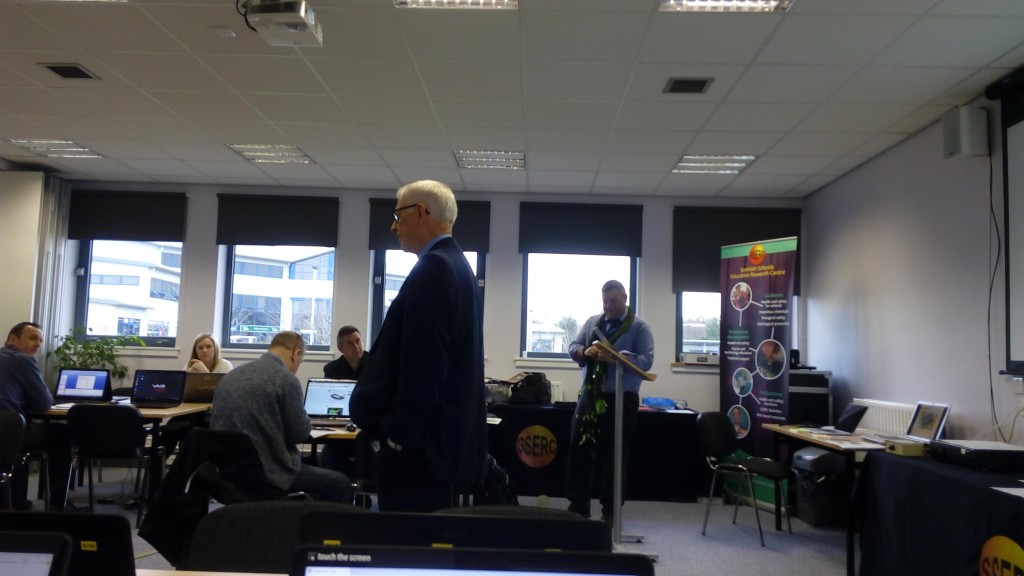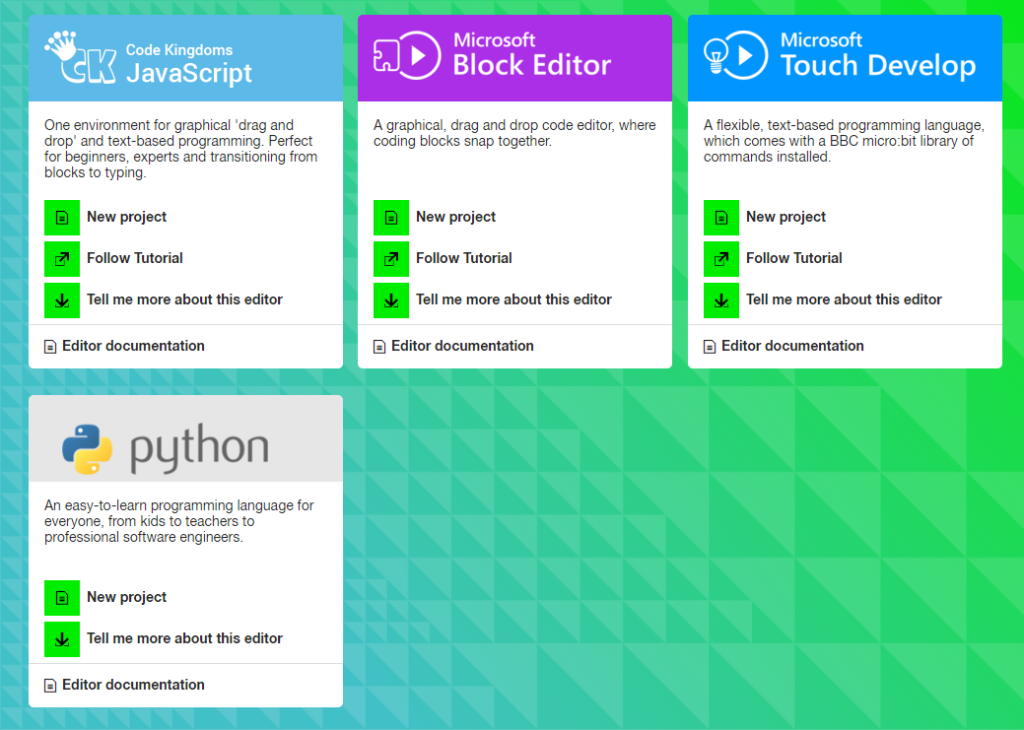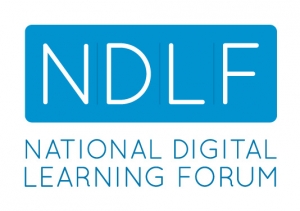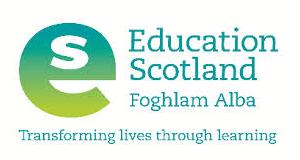BBC Micro Bit Roadshow
On Tuesday 15th March I caught the 0546 train from Aberdeen to Rosyth to go to the BBC Micro Bit roadshow held at SSERC’s centre at Pitreavie, Fife. Having followed the publicity surrounding the launch of this project I felt quite excited about the possibility of getting more information and seeing how this initiative could enhance learning and teaching. I was not disappointed!
The roadshow was led by Richard Needham, well known for promoting technology in the teaching of STEM subjects, who gave us a helpful overview of the BBC Micro Bit and set the scene for us getting our hands on the devices.
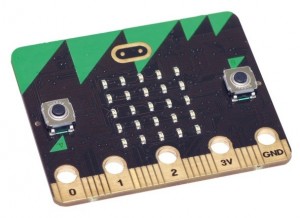 The original launch of the BBC Micro Bit was delayed due to some technical issues relating to the power supply and safety. The new launch date for the devices being shipped to schools is now 22nd March 2016. Most schools should then have received the devices by the Easter holidays. This is not the ideal time for schools to be introducing these as by this stage in the year staff and senior pupils are very busy with SQA deadlines and administration!
The original launch of the BBC Micro Bit was delayed due to some technical issues relating to the power supply and safety. The new launch date for the devices being shipped to schools is now 22nd March 2016. Most schools should then have received the devices by the Easter holidays. This is not the ideal time for schools to be introducing these as by this stage in the year staff and senior pupils are very busy with SQA deadlines and administration!
So we moved quickly on to actually using the devices! For most of the teachers at this event, this was the first time that they had ever handled a BBC Micro Bit. It struck me that they are remarkably straightforward to use. We were supplied with a heavy duty USB to micro USB lead and with this connected to our laptops we got the device powered up. Then it was on to looking at the code editor.
The code editor is web based and easily accessed at the following address: BBC Micro Bit Code Editor.
There are four options for editing code: Microsoft Block Editor, Microsoft Touch Developer, Javascript and Python. This provides the possibility for activities to be pitched at a wide range of levels for youngsters to access. I did like this feature of the website. Due to the limited time we used Microsoft Block Editor to try out a selection of activities.
The first task was to program the onboard LED display to say “Hello!”.
Thankfully we managed this task! I was impressed with the simplicity with which you can put together some code, compile it and then flash it on to the Micro Bit. A relatively straight forward procedure that pupils would easily cope with.
After some introductory tasks were completed, we were given the option of focussing on teaching Science or Technology. As I am a Maths teacher (also with a TQ in Computing) who previously worked as an engineer, I opted to look at teaching technology with the BBC Micro Bit. We had a couple of short sessions where we looked at some technological scenarios for teaching with the device.
During these sessions we were provided with some practical examples where we used electronic components connected to the BBC micro bit.
Some Reflections from the Roadshow
I really like the concept of the BBC Micro Bit. It is simple to use and allows children to get access to working with computer hardware and software.
What was evident from attending the Roadshow is that teachers are not at all clear about where the BBC Micro Bit fits into the overall picture. The BBC have said that they are giving these away to individual pupils and so this should not be viewed as something that is to become the property of the school.
That being said I do believe that the BBC Micro Bit provides a great opportunity that schools can and should be involved in. The big question is how?
A couple of things have come to my mind while considering this.
For any school looking to establish an extra curricular club to promote coding and digital skills the BBC Micro Bit presents a golden opportunity with readily available resources.
Schools could also have ‘feature’ lessons, in a wide range of possible contexts, in which the BBC Micro Bit is used. This would link the school curriculum with activities that pupils may choose to do at home with the device.
Although I am excited about the BBC Micro Bit, there are some negatives that have to be recognised.
Firstly, this is a “one off” initiative and it is unlikely that the BBC and associated partners will find funding to do the same again in subsequent years.
Secondly, there is a sustainability issue. If schools enthusiastically integrate use of the device in the classroom and in school clubs, what happens in two or three years time if this is just a “one off”.
That being said, every new educational project has drawbacks and difficulties that need to be addressed and for me it is really important that the BBC Micro Bit is not dismissed because of these. Those in Senior Leadership in both Primary and Secondary schools need to give consideration to these issues.

